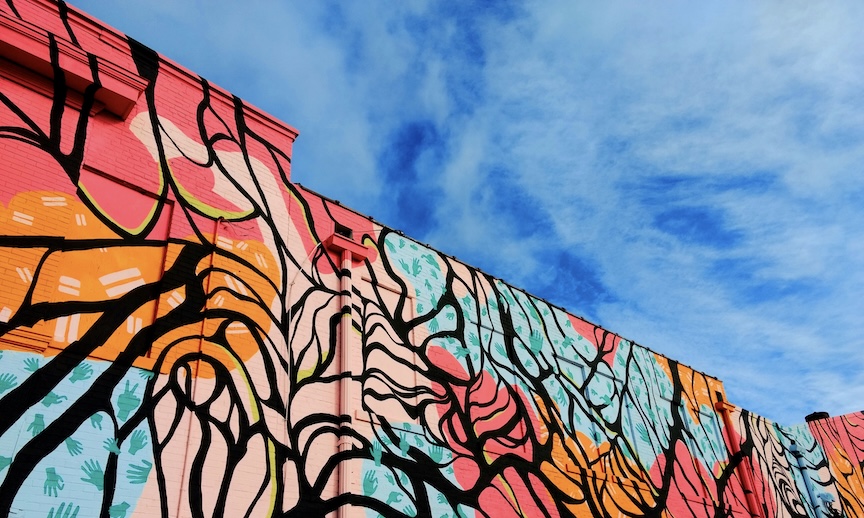STATING THE OBVIOUS
I wrote down this title a few weeks ago after my friend Sheila said it to me. I don’t remember the substance of our exchange. We were chatting in the front studio of Maple Street Dance Space. She said something witty or insightful, then she remarked that she was stating the obvious, and we chuckled.
I liked the phrase. It inspired me as a good title and I didn’t want to forget it. So I grabbed something to write with (a thick black Sharpie) and something to write on (a discarded flyer from the recycling can) and captured it for future reference: STATING THE OBVIOUS. “That’ll be a great talk,” I thought. I put it by my desk when I got home that day, and I’ve been looking at it for two weeks. Now, I have absolutely no recollection of what I thought it was about.
Maybe it was obvious at the time, but there’s nothing obvious about it, now. Ironic.
Probably, I ought to set it aside and think of something else to write. But I’ve had it in my head all week that “Stating the Obvious” was my title and topic, and my Taurean stubbornness is kicking in, and I can’t let it go.
Anyway, you probably didn’t need that whole disclaimer — such a long way of confessing that I’m feeling unclear, unfocused, and unsure this morning — but…
Maybe part of what I’m working myself around to is the realization that, truly, not much is obvious.
It may seem like most of what we experience is obvious, like a lot of what we think is obvious, like what we feel is obvious. So obvious, in fact, that it’s not worth stating out loud. But I don’t think that much of what we experience, think, and feel is nearly as obvious as we assume it to be. It’s not obvious to others, for sure, and perhaps not even obvious to ourselves.
What might be available if we didn’t hesitate to say out loud what was on our hearts and minds? What might we hear? What might become possible in our listening?
A lot of interpersonal conflict (maybe most of it) occurs because something appeared obvious to one party, but wasn’t so obvious to another. Since it seemed obvious, there were expectations around it. But also because it seemed obvious, these expectations didn’t get expressed. The other person or people didn’t get the assumed-to-be-obvious thing, weren’t aware of the associated expectations, and inevitably ended up letting the first person down. It’s a recipe for upset.
Getting better at recognizing and expressing our own expectations may not enable us to avoid all upset, entirely. But at least it can mitigate upset of the “you should’ve known this was important to me, it was obvious!” variety.
This seems especially important nowadays, in our fractured social and political climate. Our media and information bubbles reinforce our sense of “the obvious” at the same time that others are seeing the supposed obviousness of the exact opposite thing. So those others end up occurring for us as crazy, hateful, or both, and we get farther and farther away from the values and ideals that we might actually, authentically share.
I find myself longing for the obvious, for the shared obvious, for relatedness, for our common good.
And I think what it will take to get there, to experience more of it, is a willingness to state it.
Because I do believe that we all have so much in common, so much more than it often appears. We all want to love and be loved. We want to feel safe, to be comfortable. We crave purpose and meaning, to know that we matter, that we make a difference. I’ll even go so far — media bubbles be damned — to say that people, generally, even those with whom I vehemently disagree, want to be kind to each other, to take care of each other, to help each other.
Anne Frank famously wrote, “In spite of everything, I still believe that people are really good at heart.” The goodness of people wasn’t at all obvious in the circumstances of her young life. She stated it anyway. And lest that single sentence seem naive or misguided, here’s the quote in its entire context:
“In spite of everything, I still believe that people are really good at heart. I simply can’t build up my hopes on a foundation consisting of confusion, misery, and death. I see the world gradually being turned into a wilderness, I hear the ever approaching thunder, which will destroy us too, I can feel the suffering of millions and yet, if I look up into the heavens, I think that it will all come right, that this cruelty too will end, and that peace and tranquility will return again.”
– Anne Frank, The Diary of a Young Girl
She notes the obvious — confusion, division, destruction. And then she makes a choice to draw less-than-obvious conclusions. Conclusions, I think, that most people truly wish were obvious. That’s why it resonates, why her diary has inspired hundreds of millions of people. Sharing her fears and her hopes, her mind and heart, Anne Frank declared who she was choosing to be. Stating it, she created a possibility for herself and for all others.
Declaring something creates a clearing for it. Another word for “obvious” is “clear.”
It may be that very little is obvious to everyone on the surface. But if we want to experience something, obvious or not, we can begin to create a clearing for it by stating it. Speaking it into possibility. This is the clearing into which I choose to step. Obviously.
I can’t wait to be with you this Sunday, July 23, 10:00am at Maple Street Dance Space. We’ll have a special musical guest, the extraordinarily talented Robb Janov, on electric violin! XO, Drew
©2023 Drew Groves




